John Zorn - Duras:duchamp (1997)
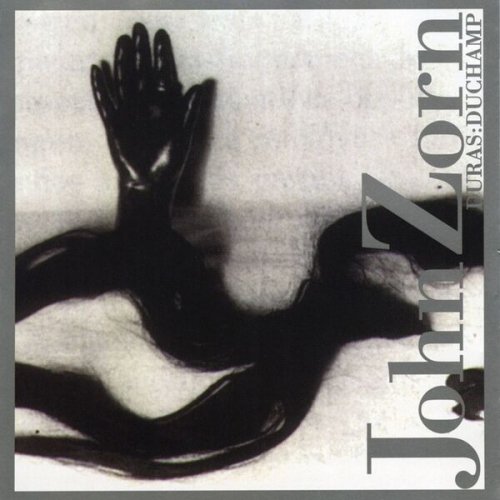
Artist: John Zorn, Christine Bard, Anthony Coleman, Cenovia Cummins, Mark Feldman, Erik Friedlander, John Medeski, Jim Pugliese
Title: Duras:duchamp
Year Of Release: 1997
Label: Tzadik
Genre: Jazz, Classical, Contemporary Jazz
Quality: FLAC (tracks)
Total Time: 47:21
Total Size: 211 MB
WebSite: Album Preview
Tracklist:Title: Duras:duchamp
Year Of Release: 1997
Label: Tzadik
Genre: Jazz, Classical, Contemporary Jazz
Quality: FLAC (tracks)
Total Time: 47:21
Total Size: 211 MB
WebSite: Album Preview
1. Duras - Premier Livre (14:41)
2. Duras - Deuxieme Livre (00:51)
3. Duras - Troisieme Livre (16:46)
4. Duras - Epilogue (01:44)
5. Etant Donnes 1-69 (13:17)
Personnel:
Christine Bard: Percussion
Anthony Coleman: Piano
Cenovia Cummins: Violin
Mark Feldman: Violin
Erik Friedlander: Cello
John Medeski: Organ
Jim Pugliese: Percussion
John Zorn: Conductor
Review by Stacia Proefrock
A compilation of two classical pieces that show off the pretty side of John Zorn, Duras: Duchamp is a tribute to two great artists of the 20th century. Marguerite Duras, whose poetic prose is reproduced in two melancholic fragments in the liner notes, is honored by a composition of shimmering, bell-like tones coupled with the fluttering of strings, featuring the work of violinist Mark Feldman, cellist Erik Friedlander, and pianist Anthony Coleman, among others. Bits of recorded sound -- water, church bells, the scratching of pen on paper, and others -- help add atmosphere to the piece, which remains both sad and fragile throughout. Feldman really stands out in this work -- providing long, wavering tones that hang in the air, punctuated by the sounds of the other players. The second piece, music composed for Marcel Duchamp, influential artist of the early 20th century (actually titled "Étant Donnés"), is a series of 69 paroxyms arranged in three groups. The music is equally quiet, but is much more varied in its textures and shifts moods quickly and often. Instead of a melancholy tone, the music is percussive and shuffling in parts. The strings, when they are present, squeak and grind amid samples of things like the slurping and splashing of water. The cuts between themes are not abrupt; the pieces flow in and out of each other, fading in and out when they don't overlap, but never breaking off suddenly. The contrast between the pieces dedicated to Duras and Duchamp show Zorn's capability for infusing music with the personality of the person to whom he is paying tribute. This album shows that some of his best work can come when he is composing around a philosophical core instead of just playing with sound. If this is not one of his most complex classical pieces, it is at least one of his most beautiful in its embodiment of the spirit of the two honored artists.
A compilation of two classical pieces that show off the pretty side of John Zorn, Duras: Duchamp is a tribute to two great artists of the 20th century. Marguerite Duras, whose poetic prose is reproduced in two melancholic fragments in the liner notes, is honored by a composition of shimmering, bell-like tones coupled with the fluttering of strings, featuring the work of violinist Mark Feldman, cellist Erik Friedlander, and pianist Anthony Coleman, among others. Bits of recorded sound -- water, church bells, the scratching of pen on paper, and others -- help add atmosphere to the piece, which remains both sad and fragile throughout. Feldman really stands out in this work -- providing long, wavering tones that hang in the air, punctuated by the sounds of the other players. The second piece, music composed for Marcel Duchamp, influential artist of the early 20th century (actually titled "Étant Donnés"), is a series of 69 paroxyms arranged in three groups. The music is equally quiet, but is much more varied in its textures and shifts moods quickly and often. Instead of a melancholy tone, the music is percussive and shuffling in parts. The strings, when they are present, squeak and grind amid samples of things like the slurping and splashing of water. The cuts between themes are not abrupt; the pieces flow in and out of each other, fading in and out when they don't overlap, but never breaking off suddenly. The contrast between the pieces dedicated to Duras and Duchamp show Zorn's capability for infusing music with the personality of the person to whom he is paying tribute. This album shows that some of his best work can come when he is composing around a philosophical core instead of just playing with sound. If this is not one of his most complex classical pieces, it is at least one of his most beautiful in its embodiment of the spirit of the two honored artists.
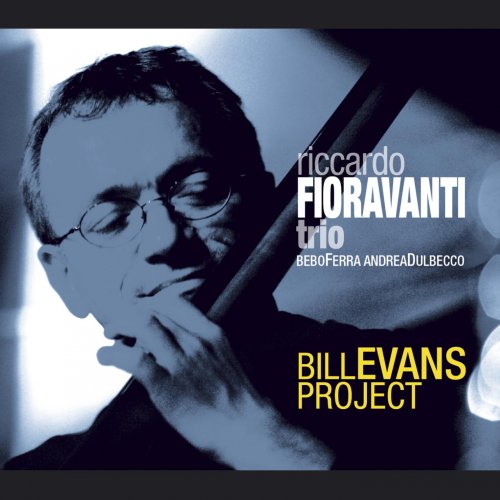
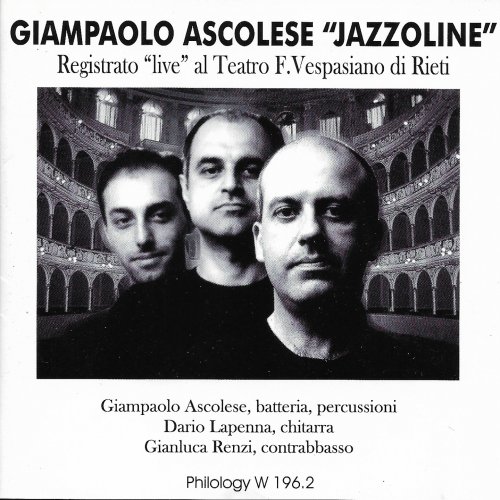
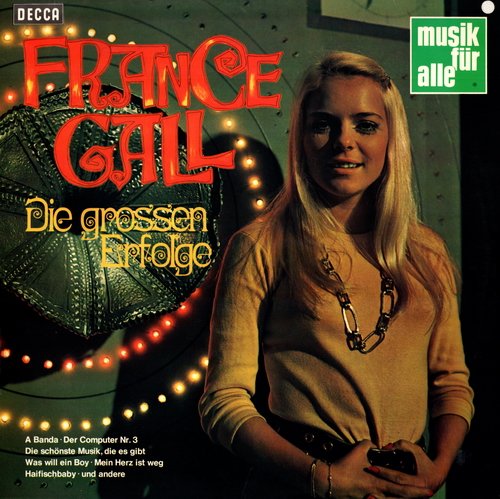

![Victoria Alexanyan - VISHAP (2026) [Hi-Res] Victoria Alexanyan - VISHAP (2026) [Hi-Res]](https://img.israbox.com/img/2026-02/06/fp18m8tfhi28on3z9gks3ab7v.jpg)

![Miles Davis - Kind Of Blue (1959) [2022 DSD256] Miles Davis - Kind Of Blue (1959) [2022 DSD256]](https://www.dibpic.com/uploads/posts/2026-02/1770649861_front.jpg)
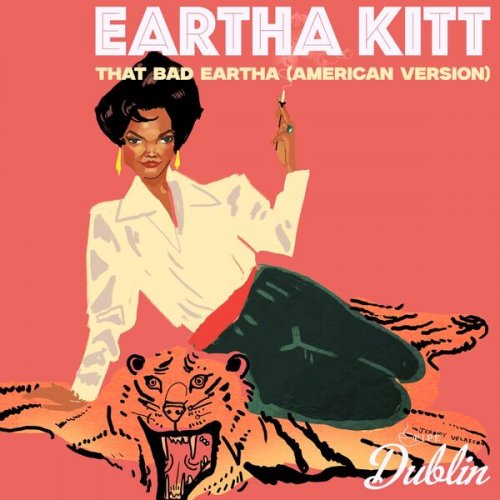
![Abraham Réunion - Jaden an nou (2026) [Hi-Res] Abraham Réunion - Jaden an nou (2026) [Hi-Res]](https://www.dibpic.com/uploads/posts/2026-02/1770745777_folder.jpg)